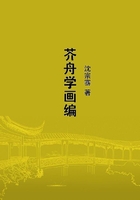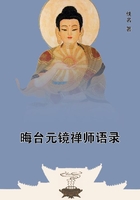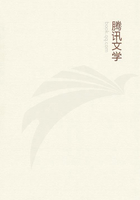With the modern languages of Europe English women are at least as well acquainted as English men. When, therefore, we compare the acquirements of Lady Jane Grey. with those of an accomplished young woman of our own time, we have no hesitation in awarding the superiority to the latter. We hope that our readers will pardon up this digression. It is long; but it can hardly be called unseasonable, if it tends to convince them that they are mistaken in thinking that the great-great-grandmothers of their great-great-grandmothers were superior women to their sisters and their wives.
Francis Bacon, the youngest son of Sir Nicholas, was born at York House, his father's residence in the Strand, on the twenty-second of January 1561. The health of Francis was very delicate; and to this circumstance may be partly attributed that gravity of carriage, and that love of sedentary pursuits which distinguished him from other boys. Everybody knows how much sobriety of deportment and his premature readiness of wit amused the Queen, and how she used to call him her young Lord Keeper. We are told that, while still a mere child, he stole away from his playfellows to a vault in St. James's Fields, for the purpose of investigating the cause of a singular echo which he had observed there. It is certain that, at only twelve, he busied himself with very ingenious speculations on the art of legerdemain; a subject which, as Professor Dugald Stewart has most justly observed, merits much more attention from philosophers than it has ever received. These are trifles. But the eminence which Bacon afterwards attained makes them interesting.
In the thirteenth year of his age he was entered at Trinity College, Cambridge. That celebrated school of learning enjoyed the peculiar favour of the Lord Treasurer and the Lord Keeper, and acknowledged the advantages which it derived from their patronage in a public letter which bears date just a month after the admission of Francis Bacon. The master was Whitgift, afterwards Archbishop of Canterbury, a narrow minded, mean, and tyrannical priest, who gained power by servility and adulation, and employed it in persecuting both those who agreed with Calvin about church-government, and those who differed from Calvin touching the doctrine of Reprobation. He was now in a chrysalis state, putting off the worm, and putting on the dragon-fly, a kind of intermediate grub between sycophant and oppressor. He was indemnifying himself for the court which he found it expedient to pay to the Ministers by exercising much petty tyranny within his own college. It would be unjust, however, to deny him the praise of having rendered about this time one important service to letters. He stood up manfully against those who wished to make Trinity College a mere appendage to Westminster school; and by this act, the only good act, as far as we remember, of his long public life, he saved the noblest place of education in England from the degrading fate of King's College and New College.
It has often been said that Bacon, while still at college, planned that great intellectual revolution with which his name is inseparably connected. The evidence on this subject, however, is hardly sufficient to prove what is in itself so improbable as that any definite scheme of that kind should have been so early formed, even by so powerful and active a mind. But it is certain that, after a residence of three years at Cambridge, Bacon departed, carrying with him a profound contempt for the course of study pursued there, a fixed conviction that the system of academic education in England was radically vicious, a just scorn for the trifles on which the followers of Aristotle had wasted their powers, and no great reverence for Aristotle himself.
In his sixteenth year he visited Paris, and resided there for some time, under the care of Sir Amias Paulet, Elizabeth's Minister at the French Court, and one of the ablest and most upright of the many valuable servants whom she employed. France was at that time in a deplorable state of agitation. The Huguenots and the Catholics were mustering all their force for the fiercest and most protracted of their many struggles; while the prince, whose duty it was to protect and to restrain both, had by his vices and follies degraded himself so deeply that he had no authority over either. Bacon, however, made a tour through several provinces, and appears to have passed some time at Poitiers. We have abundant proof that during his stay on the Continent he did not neglect literary and scientific pursuits.
But his attention seems to have been chiefly directed to statistics and diplomacy. It was at this time that he wrote those Notes on the State of Europe which are printed in his works. He studied the principles of the art of deciphering with great interest, and invented one cipher so ingenious, that, many years later, he thought it deserving of a place in the De Augmentis. In February 1580, while engaged in these pursuits, he received intelligence of the almost sudden death of his father, and instantly returned to England.

